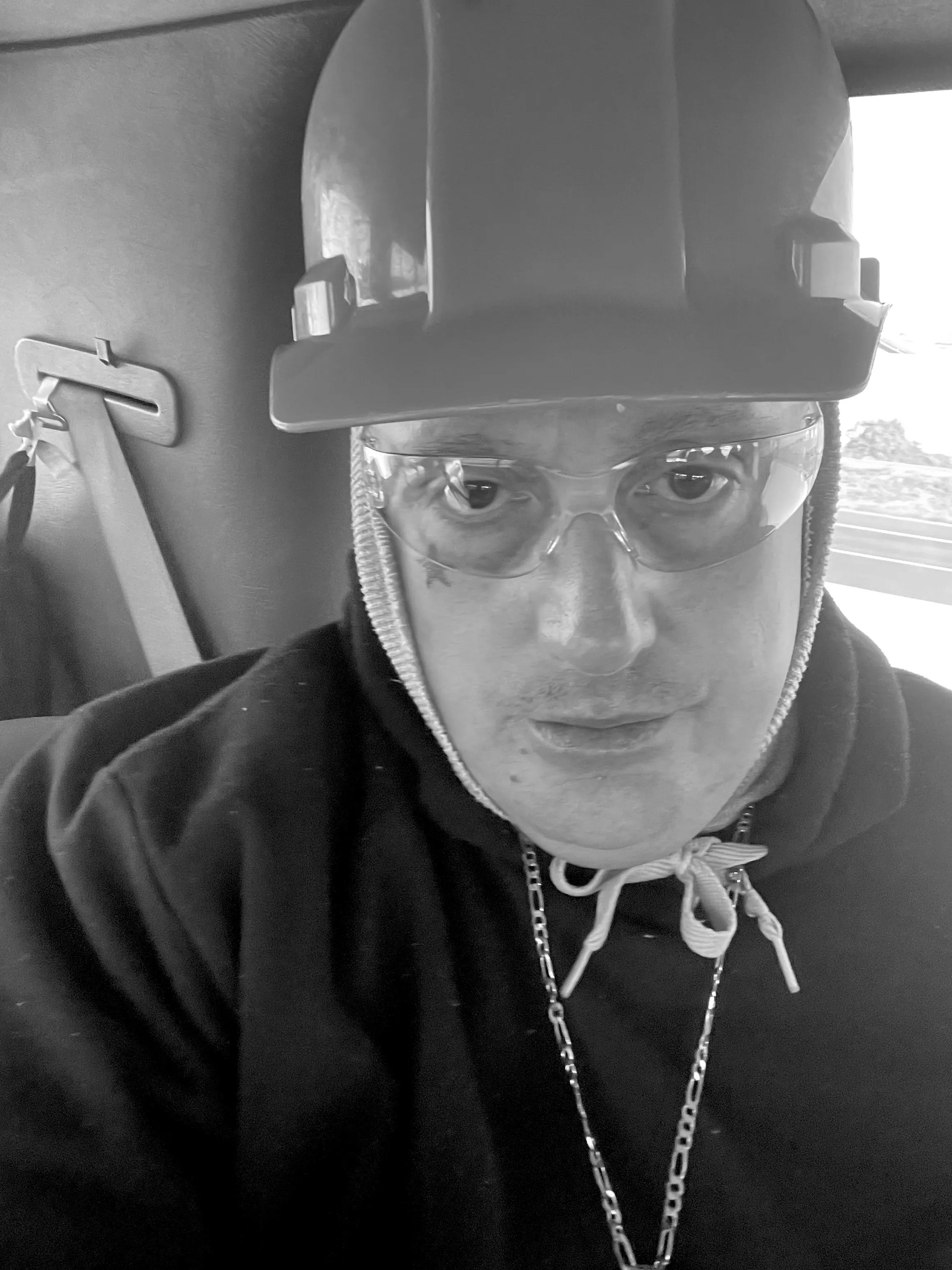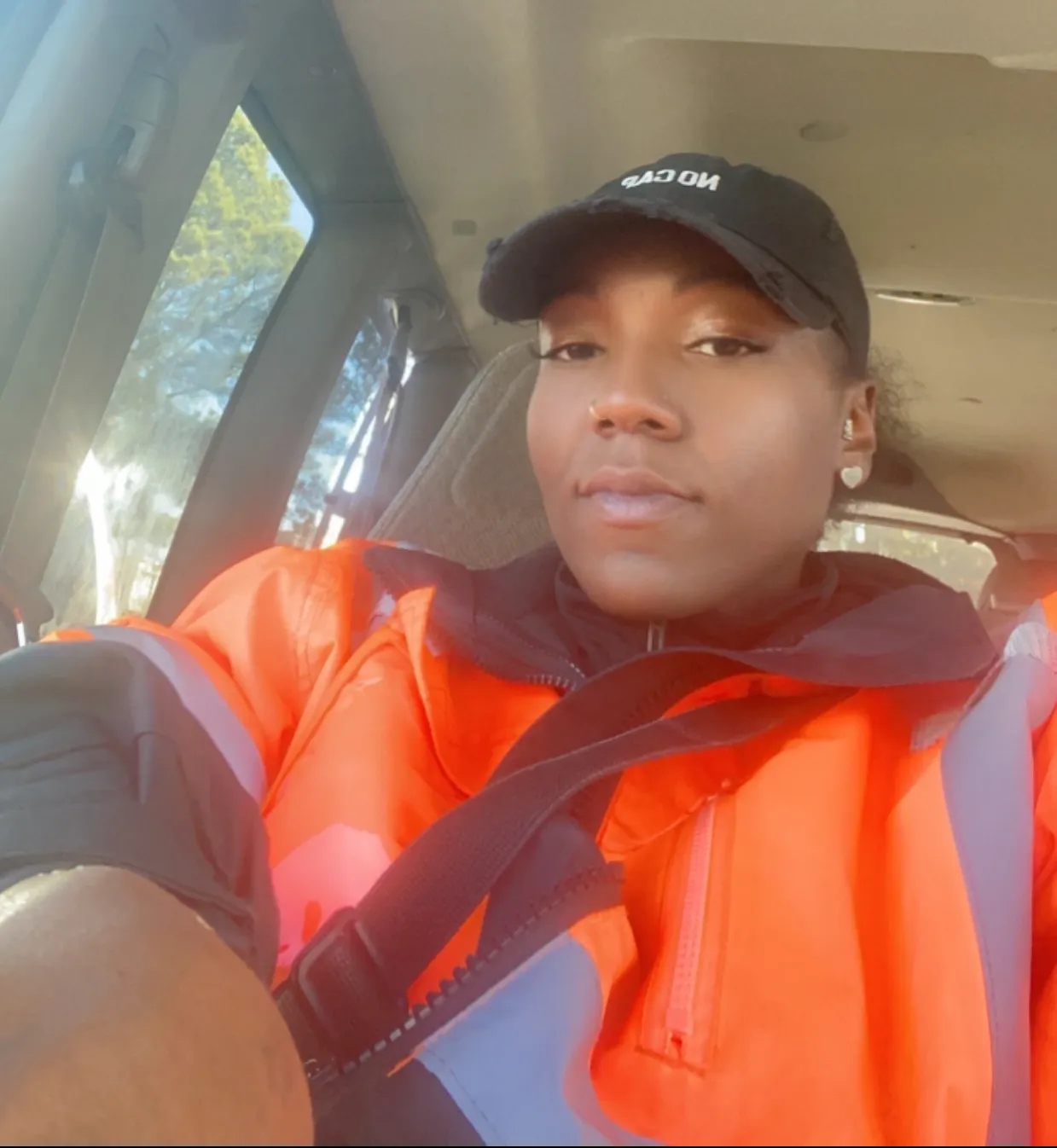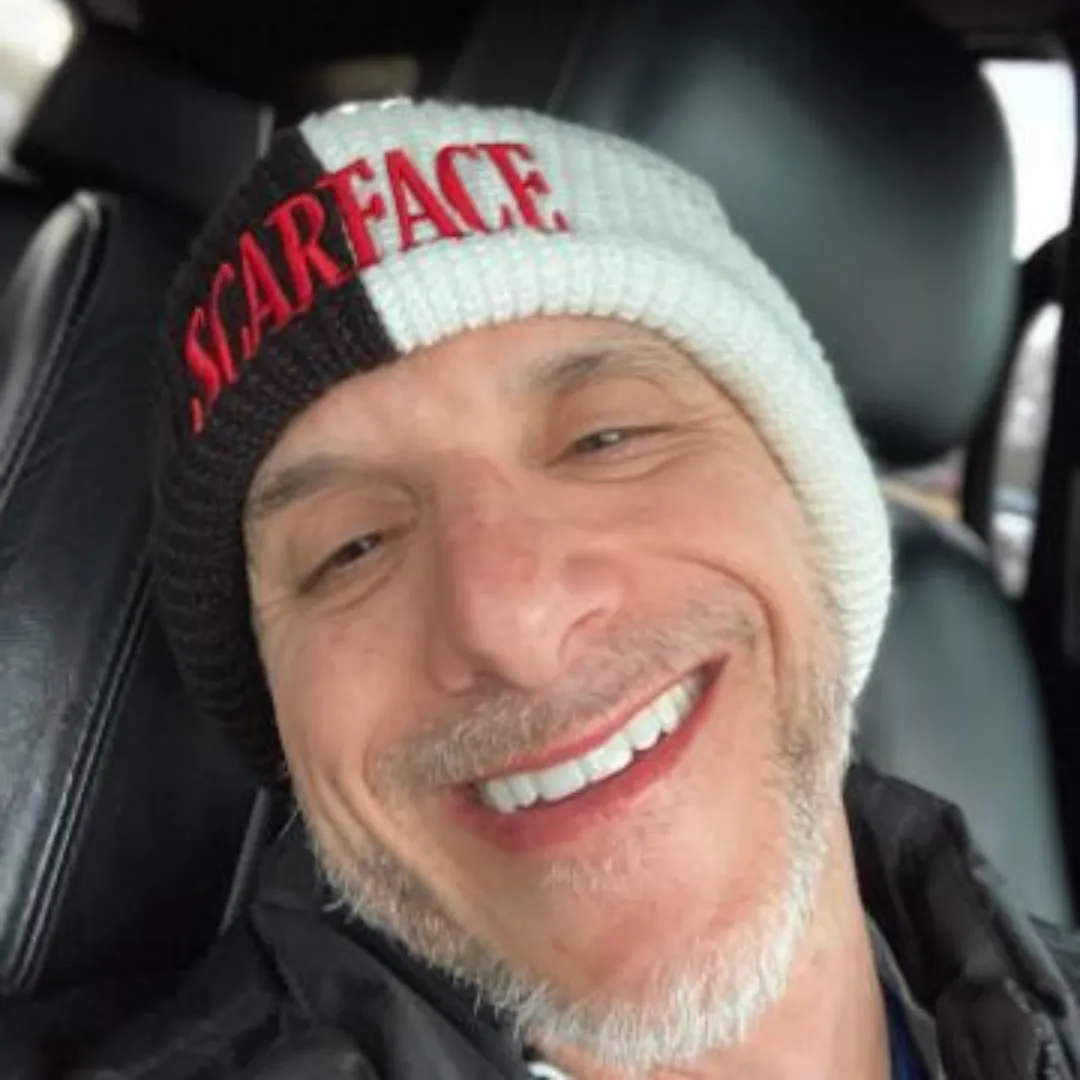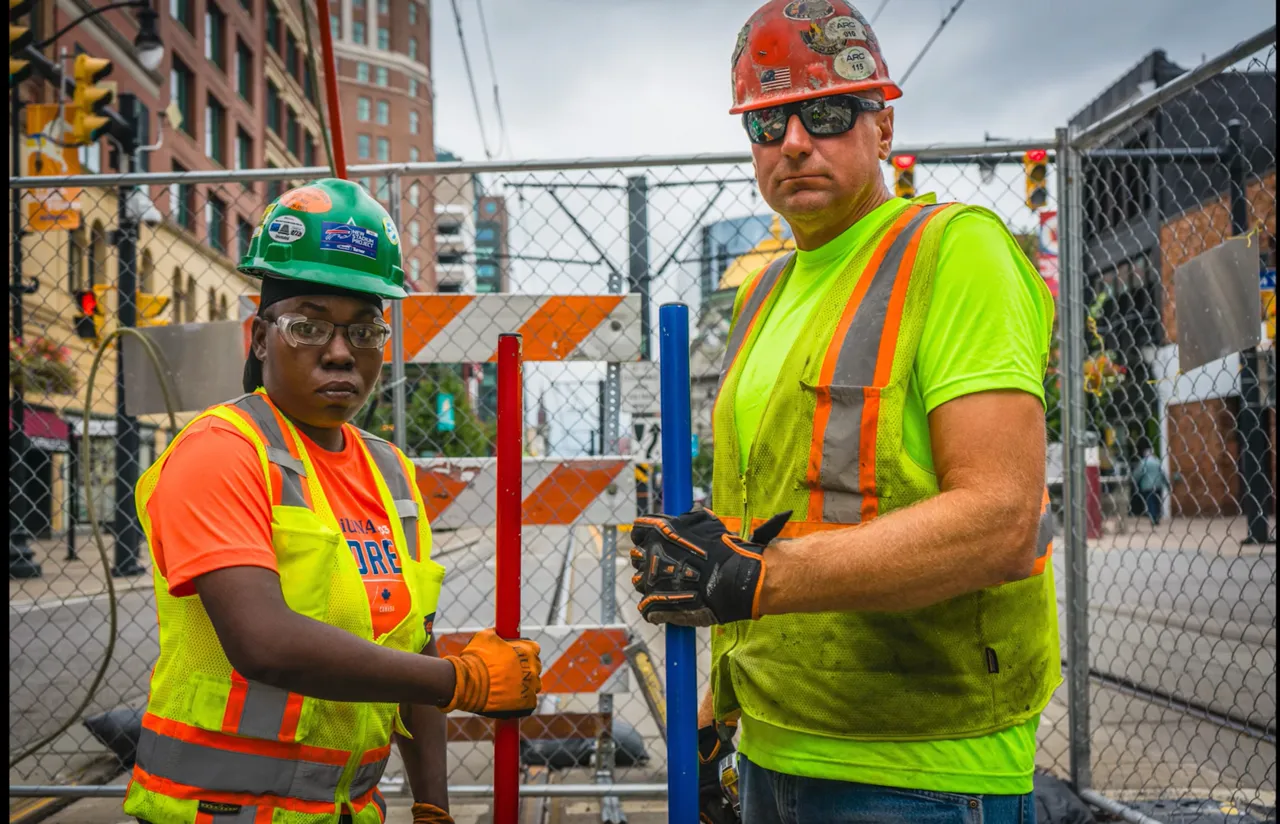If you looked up the word motivated in the dictionary, you would see a picture of Matthew when he came home after 20 years inside – he worked full time on a transitional work crew for the Center for Employment Opportunities (CEO), used his lunch break to study for the Commercial Driver's License test, and spent his nights scanning Indeed for a quality job, sitting in a transition house and knowing that his life was getting better by the day.
Matthew was working for CEO and had enrolled in a trucking school, but he needed to find employment while he took the steps to earn his CDL.
“I set up an interview with a shipping company,” Matthew said. “I showed up early with my resume in hand and was very polite. After the first few minutes, I felt good about my chances.”
While the hiring manager looked over his resume, she glanced up at Matthew’s neck tattoo and casually remarked that everyone deserves a second chance. He used that as an opportunity to talk about the changes he’d made over the years inside and how he was currently in substance recovery.
“The manager was very open and shared that she had justice-impacted family members,” said Matthew. “She said the company did a mandatory background check, but it wouldn’t stop me from being hired.”
Matthew received a conditional job offer on the spot and was given a start date of one week. His new employer told him that they would call in a few days when the background check came back, but that next week he was advised it wasn’t
delivered yet. After two weeks, Matthew had already turned down another job and was anxiously waiting to start at his new company, but no one was giving him any information.
“I was told to be patient, but after four weeks, I got a letter from the background check company advising me that my type of felony conviction prevented the shipping company from hiring me,” Matthew said.
When he finally reached the manager after a dozen calls, she told him, “Good luck,” and hung up the phone.
Matthew said that he was used to some prejudgements due to having visible tattoos, but being denied a job because of his background was unfair.
“It felt like I had no control over my situation and my civil rights were being violated,” said Matthew. “I was very upset and knew that I was being discriminated against, but until some laws changed, there was nothing I could do about it.”
Matthew's story highlights a harsh reality: Background checks often deny people reentering society opportunities despite their hard work and growth. Like thousands of others, he was defined by his past rather than his potential.
The More Than a Background campaign is working to change this by advocating for fair hiring practices so that justice-impacted people can access quality employment. Learn more at MoreThanaBackground.org.




